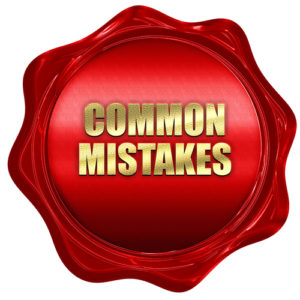Special to the Financial Independence Hub
Millennials may eschew many traditional values, but members of this demographic remain committed to one primary tenet of the “American Dream” — homeownership.
While a large number of young people have put the brakes on buying a new home because of student-loan debt, mortgage restrictions and a sluggish job market, the largest bunch since the baby-boomer generation is beginning to enter the real estate market en force. The sheer size of this group and the fact they were born and came of age in an era of rapid technological innovation puts them in a position to transform both the real estate market and what is desirable in a home.
To keep pace, real estate agents and home sellers alike are having to alter the way they market and present homes in order to attract millennial homebuyers. Does your property have what it takes for millennials to take notice?
Walkability and Amenities
The millennial generation places a higher value on “experiences” than they do on material goods. In this demographic, a home is typically perceived as a base for the rest of one’s life, rather than the center of it. Instead of a classic house in the suburbs with a white picket fence, millennials are more likely to prefer property in an urban setting within walking distance of local attractions. There is also a larger interest in non-traditional and mixed-use properties, such as warehouses that have been converted into lofts.
Convenience
In an effort to save money and reduce their ecological impact, many millennials are forgoing cars in favor of alternative transportation. As a result, millennial buyers tend to prefer home shopping in locations that have easy access to public transportation and a minimal commute to work. If your property is close to a metro system or even a local bike-share hub, you can expect younger individuals to reach out with interest.
Connectivity






